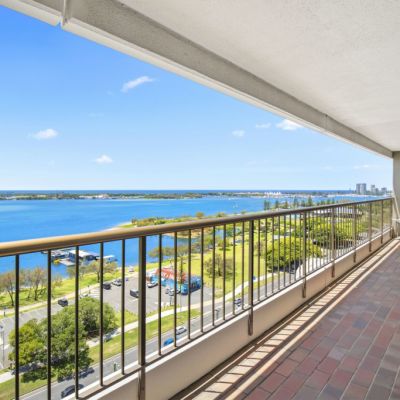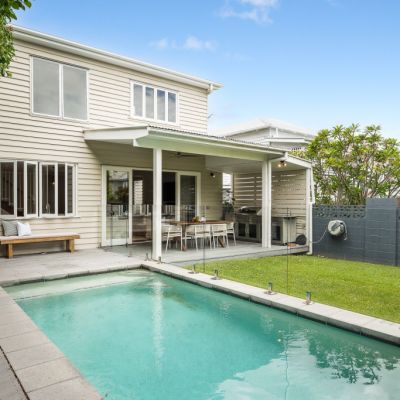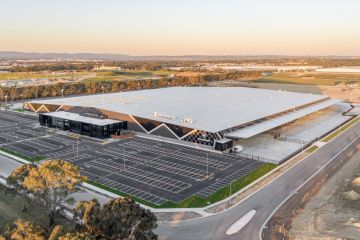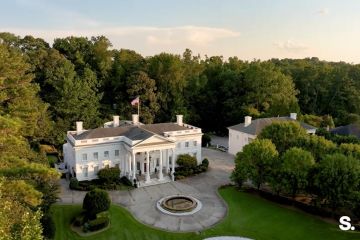The Aussie school zones where house prices have skyrocketed

House prices in 77 per cent of city areas within government primary and secondary school catchment zones have risen annually, latest figures show, highlighting the continuing importance of schooling to home buyers.
Across the regions, the number is even higher – prices jumping in 97 per cent of secondary school areas and 94 per cent of primary school zones – a result of the migration to the country and coast of city dwellers valuing education for their kids.
Domain’s latest School Zones Report, published on Tuesday, underscores how much Australians still prioritise living in an area where their children can attend the school of their choice.
“Those school catchment zones are really important for families when they’re making their decisions on where to live,” said Domain chief of research and economics Dr Nicola Powell.
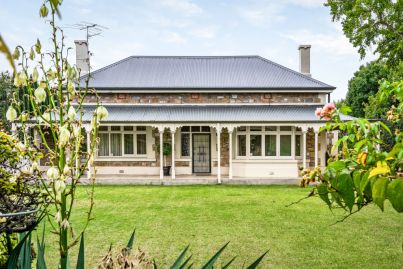

“It can be hard to pin them down as some can cut one suburb in half, or can slice a street, with one side in one catchment area and the other in another.
“But this report, a way of slicing the data in a different way, shows that you can have neighbouring school zones with clearly different rates of house price growth, or even moving in different directions.”
Brisbane was the major outperformer of all Australia’s capital cities, taking out nine of the top 10 secondary school and seven of the top 10 primary school catchments for the highest annual growth.
That came as little surprise to Brisbane mother of four, Tarma Shacklady, who puts the proximity to a good school as the top priority in her decision on where to live.
She’s currently selling her three-bedroom house at 126 Thistle Street, Gordon Park, after the surprise arrival of twins.
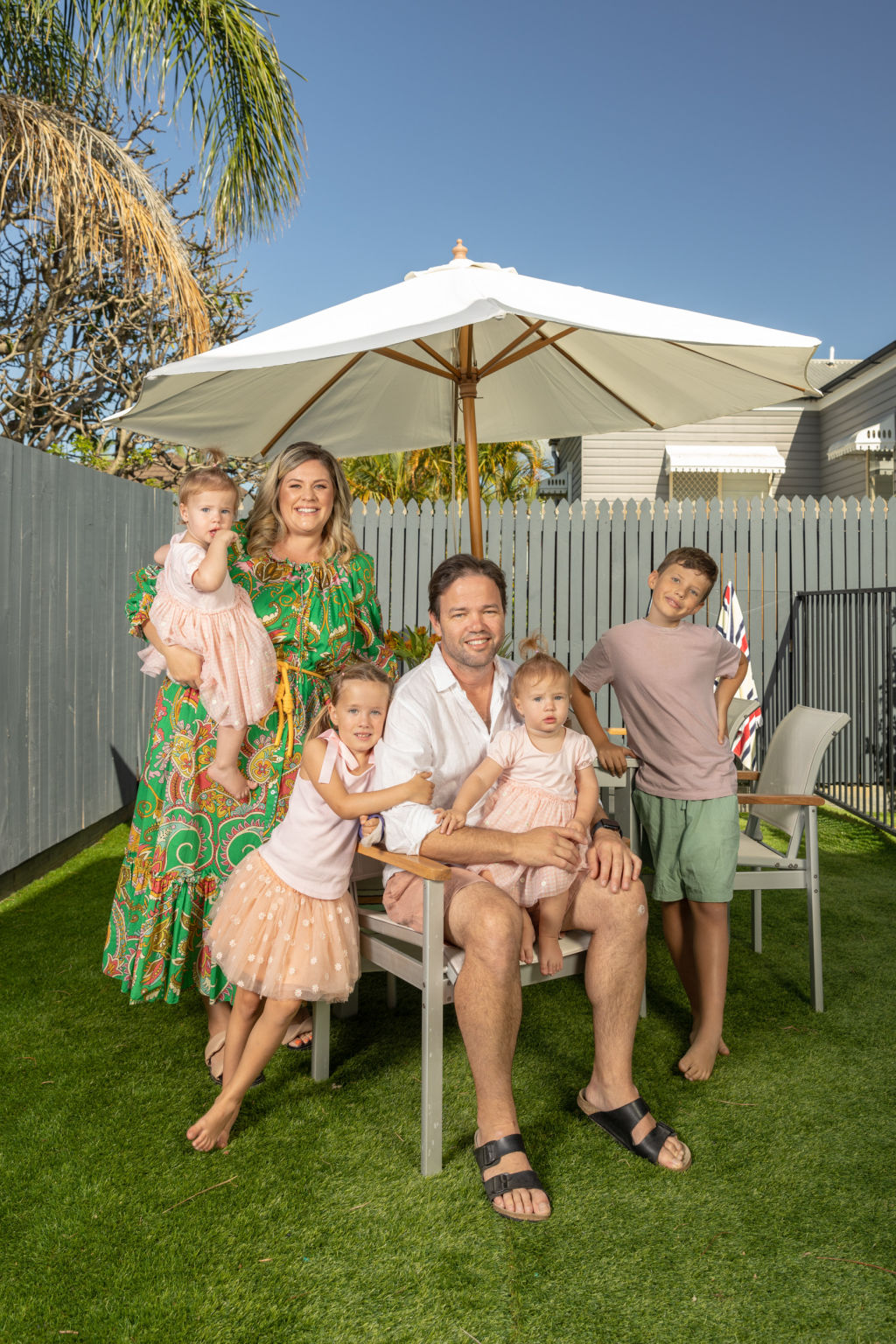
But she’s determined to buy somewhere bigger in the same area so her eldest, Kingston, aged eight, can continue going to his Wilston State School, her second, Milly, five, can join him, and eventually Lola and Violet, both 18 months, can attend the same one.
“I can’t say enough amazing things about that school; we love it,” said Shacklady, 37, who works in online sales for a major clothing company, while husband David, 47, is a mining engineer.
“It’s a wonderful place and as well, we want to stay in the area where the kids’ school friends will be. It’s an amazing community that’s built up in this area.”
Her agent, Holly Bowden of Ray White Wilston, says the northern suburb of Gordon Park is extremely popular among parents as it has no fewer than eight schools nearby.

As the catchment zone for the government senior school, Kedron State High School, homes in the area had a price rise of 23.5 per cent over the last year to a new median of $1.155 million.
“We’ll certainly be marketing the property on the schools in the area,” said Bowden.
“There’s a great community spirit here, and if children were going to Kedron, they could cycle there in five minutes – and not have to cross a single road on their way.”


The best performing catchment area was the one for Beenleigh State High School, across which prices jumped 29 per cent over the year. LJ Hooker Beenleigh agent Trina Wilson said that zone had increased in popularity over just the last three years.
“The new principal who came on board has done amazing things for that school,” she said.
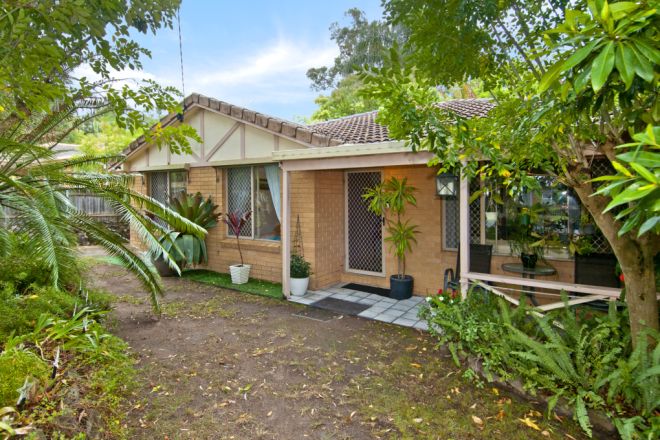
“The culture and support there has changed a lot and, with brilliant NAPLAN results too, a lot of families want their children to go there.”
Sydney and Melbourne, meanwhile, had the lowest proportion of school catchment zones with positive annual price growth; little surprise considering they’re currently the cities with the softest property markets.
The top performing schools in each city, however, have bucked that trend. The catchment zone for the Artarmon Public School on Sydney’s lower north shore experienced the highest annual price growth of a mammoth 43.5 per cent to a median of $3.545 million.
“That school has such a good reputation so it’s certainly a big drawcard for a family looking to buy,” said Peter Chauncy of McGrath Crows Nest.

“People’s main priorities are always being close to a train line, access to the city, being near a good school and then shopping centres.”
In Melbourne, the highest price rise was for the Alphington Public School catchment in the north-east of the city, with an increase of 27.9 per cent over the year to a median of $2.26 million.
The Agency Boroondara’s Malinda Martin often sells there. “That school is highly regarded and young families would come and say they want their children to go there,” she said.

“They say the same if they want to rent, too. It’s now a very tightly held little suburb.”
The standout among the regions was the town of Leeton in the Riverina region of NSW, perhaps best known as the country’s rice capital.
In the catchment zone of Leeton Public School, prices rose by an astonishing 50 per cent to a median of $480,000.
Local agent Luke Santolin of Leeton Real Estate says the area’s had a mass influx of people coming to escape the cities during COVID.
“I think one of the attractions was that we were so affordable,” he said. “So, the demand has meant prices have gone up now, which is good for everyone.
“We’re a real hidden gem, beautiful and with good schools and lots of jobs, good businesses and plenty of money in the town.”
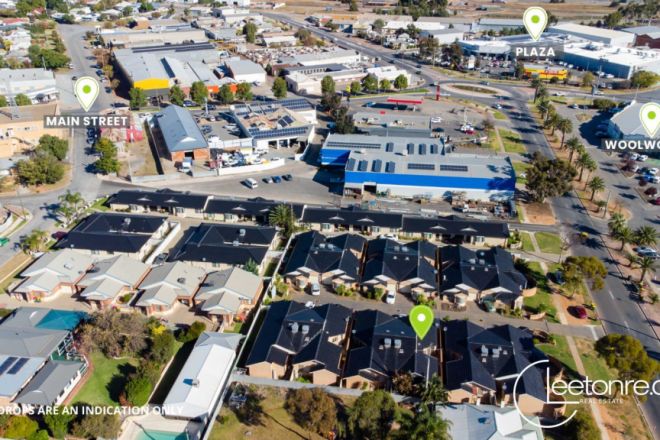
We recommend
We thought you might like
States
Capital Cities
Capital Cities - Rentals
Popular Areas
Allhomes
More
